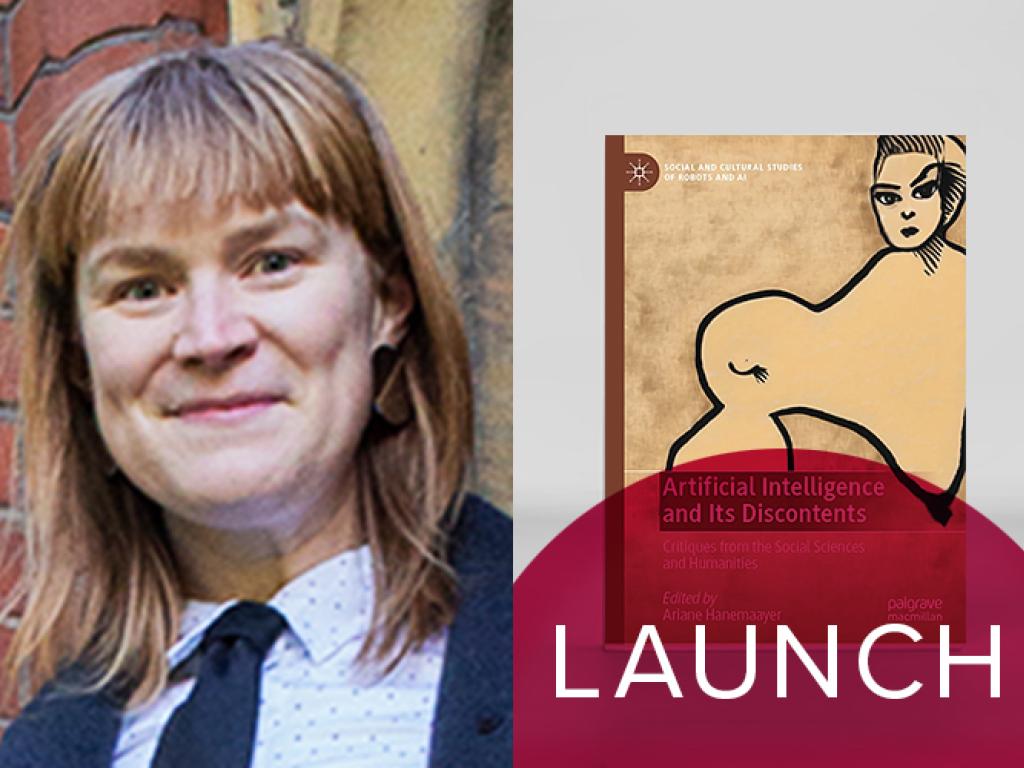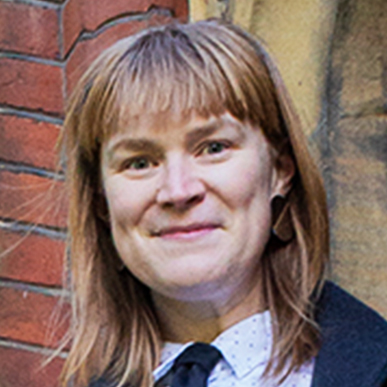Ariane Hanemaayer: Artificial Intelligence and Its Discontents. Critiques from the Social Sciences and Humanities


HUMA Book Launch
Introduction: This book draws on a range of critical approaches across the social sciences and humanities, including posthumanism, ethics and human values, media and communications, linguistics, governance and justice studies, surveillance studies, Black feminism, and social and political resistance. The authors analyse timely topics, including bias and language processing, responsibility and machine learning, COVID-19 and AI in health technologies, bio-AI and nanotechnology, digit ethics, AI and the gig economy, and representations of AI in literature and culture. This book is for those who are currently working in the field of AI critique and disruption. It is also a book for those who want to learn more about how to doubt, question, challenge, reject, reform and otherwise reprise AI as it has been practised and promoted. See the book: Artificial Intelligence and Its Discontents: Critiques from the Social Sciences and Humanities (Palgrave Macmillian, 2022)
Read Introduction
Extract made available with the kind permission of the editor.

About the editor: Ariane Hanemaayer is an Associate Professor at Brandon University (2016 – present) and a visiting scholar at Egenis, Centre for the Study of the Life Sciences at the University of Exeter, UK (2022–23). Ariane’s research investigates the relationships among medical knowledge, healthcare systems and spaces, algorithmic decision-making technology, and medical governance and regulation. Her career has been guided by complementary desires: to identify and explain the causes of failures within healthcare among knowledge systems, professions, governance, and science and to connect that knowledge to care settings and broad audiences. Ariane has written two books, The Impossible Clinic: A Critical Sociology of Evidence-Based Medicine (UBC Press, 2019) and Governing the Impossible System: A Critical Sociology of Public Health Policy (forthcoming, under contract with UBC Press), and edited two anthologies, Artificial Intelligence and Its Discontents: Critiques from the Social Sciences and Humanities (Palgrave Macmillan, 2021), and The Public Sociology Debate: Ethics and Engagement (UBC Press, 2014).
Discussant: Dr Stefanie Ullmann is a Postdoctoral Research Associate on the project Giving Voice to Digital Democracies: The Social Impact of Artificially Intelligent Communications Technology at the Centre for Research in the Arts, Social Sciences and Humanities (CRASSH) at the University of Cambridge, UK. Stefanie studied English Linguistics and Web Technology at the University of Marburg in Germany. She completed her PhD in Linguistics focusing on a critical corpus-assisted study of media and political coverage of the 2011 Arab Spring revolutions. The findings of her PhD were published by Routledge under the title Discourses of the Arab Revolutions in Media and Politics. Stefanie’s overall research interests and background are in functional linguistics, critical theory and discourse analysis, corpus linguistics, new media and communication technologies, as well as the instrumentalisation of language in states of socio-political conflict and crisis. Her most recent work has focused on quarantining online hate speech, misinformation, gender bias in machine translation, dynamic data statements and exploring counterspeech approaches to fighting hate speech. She is the editor of an upcoming anthology on Counterspeech, which will be published in the Routledge Studies in Science, Technology and Society series.